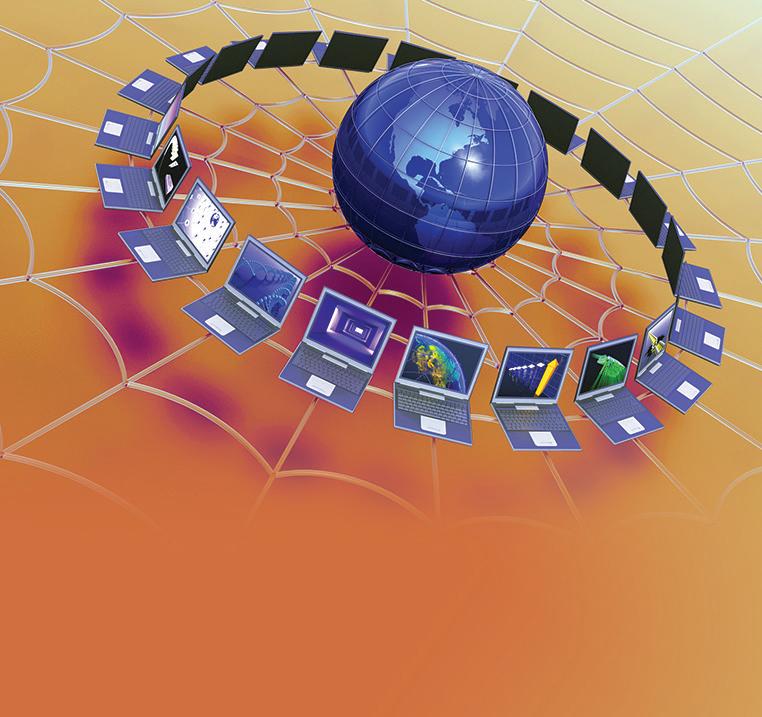
3 minute read
The Inescapable Reality of Financial Toxicity
More and more studies are examining how out-ofpocket health care costs such as co-payments and deductibles affect patients. These studies typically find that many patients have difficulty buying the medications they need and paying their household bills. Numerous studies on the topic were presented at the recent annual meeting of the American Society of Clinical Oncology.
In one such study of 1108 patients with cancer who received charitable co-pay assistance (CPA), Jeffrey M. Peppercorn, MD, of Massachusetts General Hospital in Boston, and colleagues found that, despite having insurance, 17% and 18% reported delays in starting therapy and skipping medical services, respectively, due to cost. Further, prior to receiving CPA, 66% believed their insurance (mostly Medicare) would shield them from paying high drug costs. Three-quarters of study participants agreed or strongly agreed that doctors should be aware of costs when making decisions.
Advertisement
The problem of medication affordability is especially acute for patients with cancer, but it certainly is not limited to them. A study of 80,807 adult patients with type 2 diabetes and established cardiovascular disease found that those in the highest vs lowest quartile of out-of-pocket costs were 13% and 20% less likely to initiate a GLP-1RA or SGLT2 inhibitor, respectively, according to a recent report in JAMA Network Open. The researchers, led by Jing Luo, MD, MPH, of the University of Pittsburgh School of Medicine, categorized patients into quartiles of out-of-pocket costs for a 1-month supply of these medications. The mean costs for the highest vs lowest quartile were $118 vs $25 for a GLP-1RA and $91 vs $23 for an SGLT2 inhibitor. The median delay in initiation of these drugs for the highest vs lowest quartile ranged from 3 to 6 months, according to the researchers.
Renal & Urology News Staff
Editor Jody A. Charnow
Web editor Natasha Persaud
Production editor Kim Daigneau
Group creative director Jennifer Dvoretz
Senior production manager Krassi Varbanov
Vice president, sales operations and production Louise Morrin Boyle
National accounts manager William Canning
Vice president, content, medical communications Lauren Burke
Chief commercial officer James Burke, RPh
President, medical communications Michael Graziani
Chairman & CEO, Haymarket Media Inc. Lee Maniscalco
Despite the negative impact of financial toxicity on patients, research suggests that it is often ignored in medical practices. For example, in a survey of women with early-stage breast cancer and their physicians, 50.9% of responding medical oncologists indicated that “someone in their practice often or always discusses financial burden with patients, as did 15.6% of surgeons and 43.2% of radiation oncologists,” Reshma Jagsi, MD, DPhil, of the University of Michigan in Ann Arbor, and colleagues reported in a 2018 article in Cancer
In an article published online in Renal & Urology News, Daniel D. Joyce, MD, a urologic oncology fellow at Mayo Clinic in Rochester, Minnesota, said financial toxicity, like drug toxicity, should be included in physicianpatient discussions about treatment options. “Indeed, financial toxicity has been associated with worse quality of life, symptom burden, and even survival, further supporting its inclusion in shared decision-making.”
Allowing patients’ finances to guide treatment is not ideal, but that is the reality until ability to pay is removed from the therapeutic equation.
Jody A. Charnow Editor
Online
this month at renalandurologynews.com
Clinical Quiz
Test your knowledge by taking our latest quiz at renalandurologynews.com/ run-quiz
HIPAA Compliance
Read timely articles on various issues related to keeping protected health information secure.
Drug Information
Search a comprehensive drug database for prescribing and other information on more than 4000 drugs.
Job Board
Be sure to check our latest listings for professional openings across the United States.
News Coverage
Visit our website for daily reports on the latest developments in clinical research.
Nephrology
4 AE Rates Increase as CKD Progresses
Dialysis patients have higher rates of serious infections and hyperkalemia compared with nondialysis-dependent CKD patients.
12 Atrial Fibrillation Risk After a Kidney Transplant Varies by Dialysis Modality
Patients on pretransplant hemodialysis vs peritoneal dialysis are at higher risk.

12 MAKE Risk Influenced by AKI Subphenotype
According to investigators, acute kidney injury is a heterogenous clinical syndrome with varying causes, pathophysiology, and outcomes.
13 Febuxostat Cuts CI-AKI Risk in CKD
The urate-lowering drug lowered the incidence of contrast-induced acute kidney injury in a study of patients with stage 3 CKD undergoing percutaneous coronary intervention.
Urology
4 Smoking Has No Effect on OS After IO-Based mRCC Therapy
Investigators report results from a study of 989 patients treated with first-line dual immunotherapy or immunotherapy plus a VEGF-targeted therapy.
5 BCG Response Linked to Tumor Microbiome Lactobacillus bacteria may be associated with increased internalization of the immunotherapy.
6 UTUC Unlikely After MIBC Trimodal Therapy
The malignancy developed in only 2.6% of patients who received the treatment.
7 First Human Bladder Transplant Planned
The history-making procedure will be part of a clinical trial launched by urologic oncologists. Co-investigator Nima Nassiri, MD, discussed the challenges in an interview.




